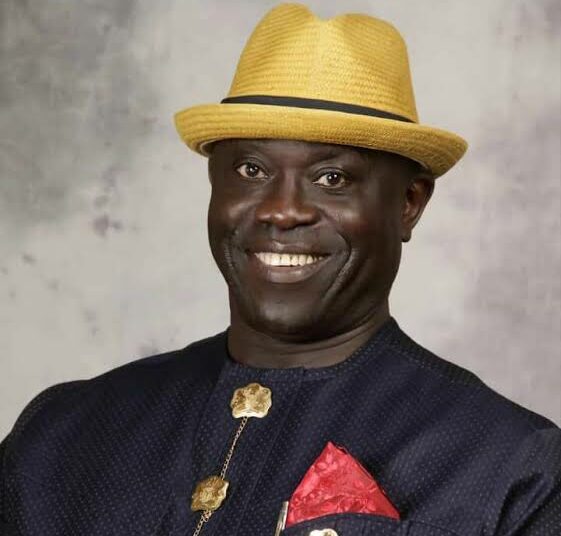Elders and other stakeholders from the states of the Niger Delta region at the weekend disagreed with the interim aadministrator of the Presidential Amnesty Programme (PAP) Maj. Gen. Barry Tariye Ndiomu (rtd) on plan by the federal government to scrap the programme and replace it with the ongoing crude oil surveillance job awarded to a former militant leader in the region.
According to them, though the federal government has the power to scrap the programme, doing so without due consideration of thousands of those that remain untrained may lead to consequences in the region.
Tariye Ndiomu had on Wednesday at an interactive and sensitisation session with some ex-agitators and stakeholders announced that the apparent lack of sincerity of purpose informed government’s directive to commence the process of winding up the programme, given the fact that the initiative was meant to last for only five years.
Ndiomu said though his intention was to redefine the operations of the amnesty programme in consonance with global standards and protocols, the programme as currently constituted had outlived the essence of its establishment 13 years ago, hence the need to review and re-engineer its operations.
He also said some elements of the amnesty initiative may not be sustainable in the light of the present economic realities of the nation, and it is practically impossible to achieve the core mandate of the programme which includes disarmament, disbandment and reintegration if the organisation is not re-jigged for effective and efficient management.
But the Niger Delta stakeholders made up of traditional rulers, elders, women and youth groups described the plan as unreasonable and “vexatious”, declaring that Ndiomu’s claim was untrue and the plan to substitute it with the crude oil pipeline contract would trigger another round of agitations and frustrate the campaign against oil theft.
The stakeholders in a statement signed by High Chief Maxwell Ayamabele condemned the actions and steps taken so far by Tariye Ndiomu, describing him as “inexperienced, naïve and disrespectful to traditional rulers and others that participated in the amnesty process and those who convinced the former militant leaders to accept the amnesty offer and sign the accord with the federal government under the leadership of former president Umaru Musa Yar’adua.





